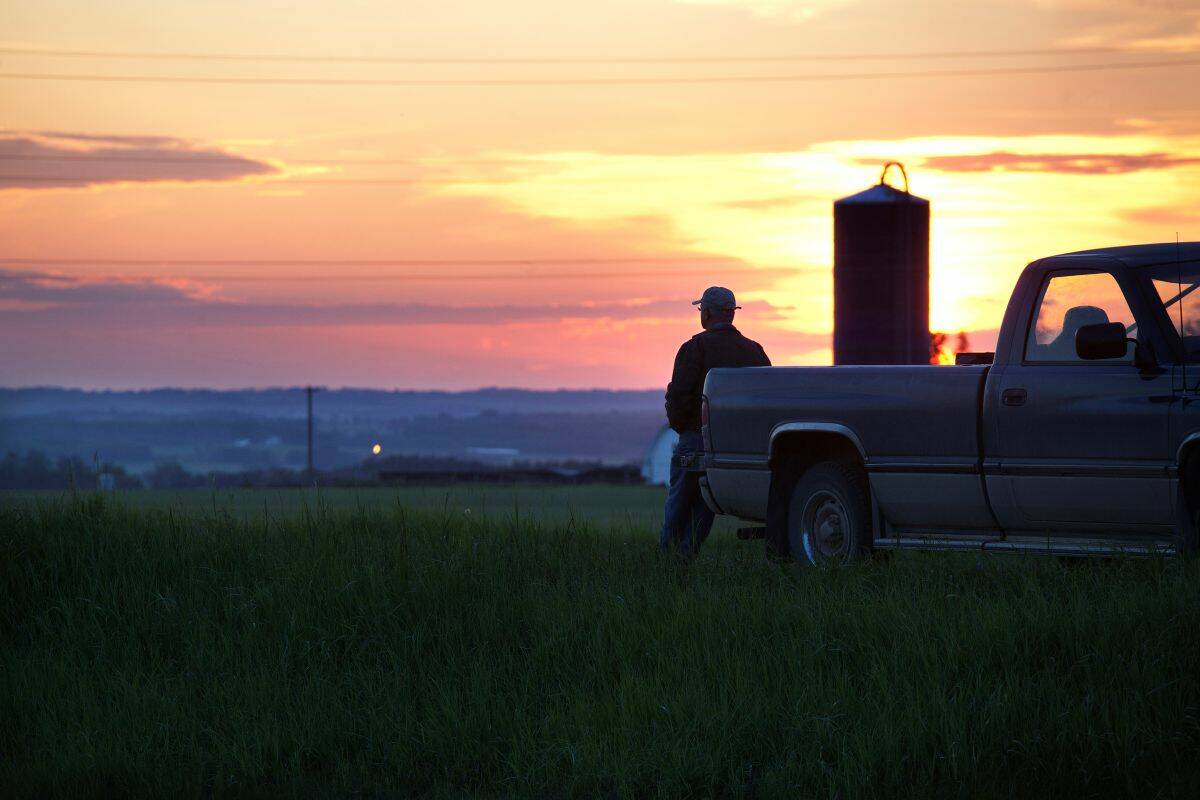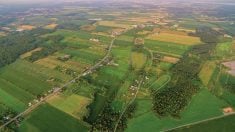Since I was a kid, I was told to never put gas in a diesel engine. Have you ever done that? I admit that I did.
The hardest part wasn’t the cleanup, the cost, or the inconvenience.
The hardest part was admitting what I did.
Read Also

It doesn’t have to be the end for your farm
Options for farmers without successors to pass on the farm.
Owning this mistake took me down two very different roads.
One was filled with shame: “What will everyone think of me?” The other with curiosity: “What could I possibly learn from this?”
What I ended up learning was much more than the act itself. It was about humility. It was about relationships.
And it was about leadership.
This is the kind of mental shift that often happens in agriculture. Not the gas-in-the-diesel part (at least, hopefully, not too often!), but at the moment where we have a choice: to hide it or own it. Pretend it didn’t happen or grow from it.
And that’s where real leadership begins.
That’s exactly why this message matters so much: Leadership isn’t about a title. It’s about how you show up.
Many of the producers I work with feel like they’re “just doing what needs to be done.” They don’t necessarily see themselves as leaders, but they are.
Every action, every decision, every conversation matters, and it all communicates something to the people around them. Whether it’s their family, employees, neighbours, vendors, or the next generation watching from the side, they’re leading all the time.
How to lead by example
Leadership on the farm isn’t about titles or formal positions. It’s about the daily actions and attitudes that inspire and empower those around you. Your behaviour serves as a model for others. Demonstrating dedication, integrity and a strong work ethic encourages those around you to adopt similar values.
Effective leadership starts with individuals willing to do the hard work and simple tasks — even when no one is watching. Here’s how:
- Show up with intention
Approaching your role with intention means being mindful of your influence. This involves explaining the reasons behind decisions, checking in with team members, owning mistakes and encouraging growth. These intentional actions build trust and respect, inviting others to step up as well. - Create a space for people to grow
Empowering others involves creating an environment where team members feel heard and valued. Ask for their input, involve them in decision-making, and recognize their contributions. This will foster a culture of trust and collaboration. - Stay curious and open to growth
Agriculture is ever-evolving. If you stay informed about new techniques and technologies, and remain open to feedback, you demonstrate adaptability and a commitment to growth. This mindset benefits your personal development and sets a progressive example for your team. - Define and communicate your vision
A clear vision provides direction and purpose for your team. Without it, team members may feel uncertain about their roles and the farm’s goals. Developing a vision involves understanding your core values, articulating your “why,” setting achievable objectives and leveraging the strengths of your team. Effectively communicating this vision ensures everyone is aligned and motivated. - Reflect on your leadership
Reflect on how you lead by example to determine where you can lead more intentionally on your farm. Embrace the mindset that leadership is about influence and action, not titles. To identify opportunities to lead more intentionally and effectively consider your current approach and ask yourself the following:- How do you respond to challenges? Be neutral and intentional about your mindset around challenges.
- In what ways do you support and uplift those around you? Look for the positive in each situation.
- Are you open to new ideas and methods? Get curious and explore.
- How do you handle feedback and mistakes? It’s not about failing, it’s about growing.
Four tips to create a vision for your farm
A farm where the vision centres on its “why” is better equipped to pivot when necessary and to recognize or create opportunities that carry the business towards its goals. Use these four questions to guide you through the vision creation process:

For a deeper exploration of intentionality and communicating a compelling vision, consider enrolling in the “Your Vision, Your Way” course. This course provides practical tools to help you define a vision you believe in that can drive your farm’s success. You can find more information at arlenmotz.com/product/your-vision-your-way.














